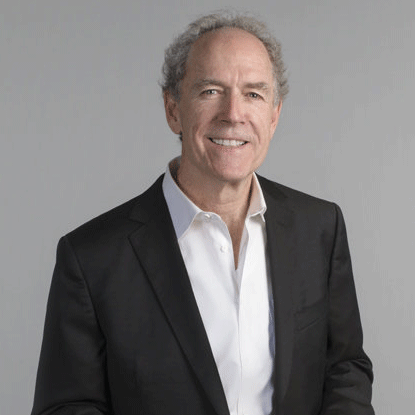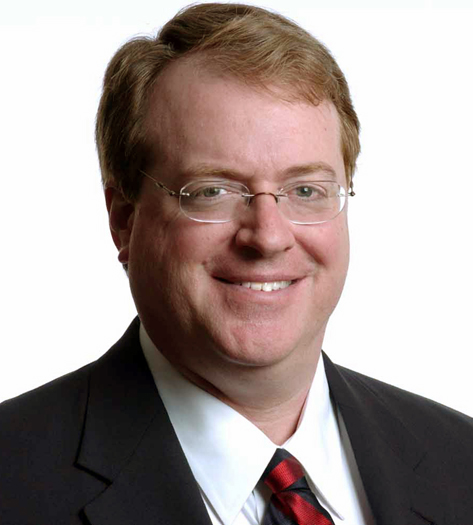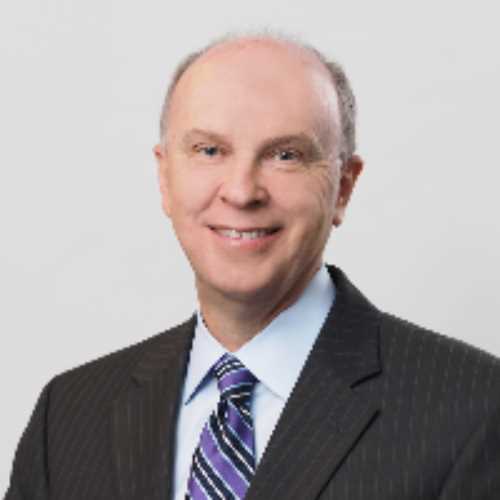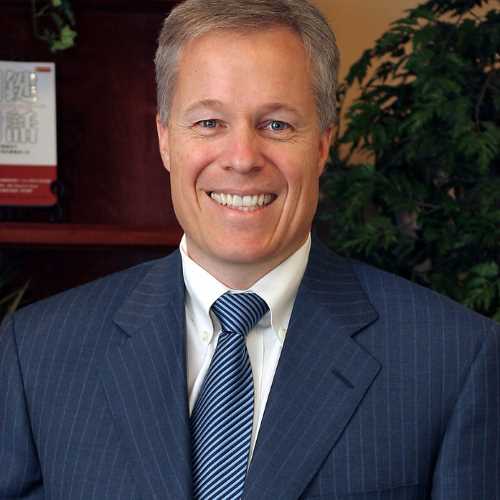
Dr. Peter Boland
- Healthcare Thought Leader
- Author of The Capitation Sourcebook
Travels From
California
Dr. Peter Boland Speaker Biography
Dr. Peter Boland has a 30-year track record as a national thought leader, forecasting industry trends and helping leaders think strategically. With a deep industry knowledge of healthcare delivery and payment models, he is a highly-credible expert witness, a thought-provoking speaker, and a consultant who uses independent fact-finding and critical analysis. He is also a prolific author, editor, commentator and publisher. Peter Boland received a doctorate from UCLA, a master’s degree from the University of Michigan, and a post-graduate certificate from Harvard University’s Executive Program in Health Policy and Management. He also received a certificate in Health Maintenance Organizations from UCLA. Analytical skills In his roles as an author, commentator, editor and publisher, Dr. Boland has contributed more than 90 works to healthcare publications and five books on healthcare policy and management. Through his independent consulting firm, Peter has worked with a variety of clients representing the following types of organizations:
- hospitals and hospital systems
- medical groups and physicians organizations
- ancillary care service providers
- accountable care organizations
- health maintenance organizations
- preferred provider organizations
- pharmacy benefits managers
- pharmaceutical manufacturers
- insurance companies
- third party administrators
- Fortune 100 employers
- labor unions
- U.S. military health systems
- technology vendors
- mobile health vendors
- consulting companies
- law firms
- healthcare foundations
- venture capital and Investment companies
- professional trade associations
As a management consultant, Dr. Boland has advised over 50 clients on strategy, operational requirements for managed care services, cost management initiatives, reimbursement reform and payment models, performance improvement plans, and accountable care metrics. Representative client engagements include the following topics:
- healthcare reform implications for providers, payers and purchasers
- reimbursement models and payment mechanisms
- performance improvement strategies and monitoring practices
- bundled payment strategies and implementation challenges
- accountable care models and performance standards
- clinical integration strategies and physician-hospital alignment requirements
- multi-party collaboration agreements for hospitals, medical groups and payers
- contract obligations and disputes between providers and payers
- managed care program evaluation and performance incentives
Peter is a frequent keynote speaker and workshop leader. He has addressed over 150 organizations that include hospital systems, physician groups, insurance companies, pharmaceutical and device manufacturers, trade associations, and law firms.
To book Peter Boland call Executive Speakers Bureau at 901-754-9404.
Industry Restructuring
ECONOMIC AND STRATEGIC CONTEXT FOR CHANGE
Defined contribution is replacing defined benefits as a cost management strategy. I address how this development dramatically affects consumer choice, utilization patterns, and business strategies. I point out how acute care services for employees stands in stark contrast to the chronic care requirements of Medicare beneficiaries—and why providers may have to choose which market to serve based on economics.
TEN MAJOR CHANGES DRIVING MARKET CHANGE
In order to understand how market forces are shaping business models and finances, I describe how 10 factors are driving change: demographic tsunami, cost escalation, government intervention, employer competitiveness, technology and medical informatics, market-defined value, health plan reimbursement, hospital hegemony and medical group disintermediation, consumerism and choice, and social media.
IS MANAGED CARE DEAD?
Financial risk is being transferred from employers and insurers to individuals through high deductibles and catastrophic coverage options. Patients now assume the role of the bank. I explain the profound implications of how this new model disintermediates managed care networks and upends traditional benefits design strategies. I also challenge the audience to develop post-managed care business models to remain competitive.
Healthcare Reform Implications
UNINTENTIONAL CONSEQUENCES OF THE AFFORDABLE CARE ACT
Access to insurance coverage was extended to millions of new beneficiaries, but little was done to ensure access to providers. I explain how high deductible options offered by state and federal exchanges may limit access because many patients will be unable to meet their deductibles. This will result in denied care, increased emergency department use, and pervasive beneficiary stratification, a practice that is little understood by providers or employers.
IMPACT OF REFORM MANDATES ON PROVIDER PAYMENTS
With the advent of much higher deductible levels, few employees will each their out-of-pocket thresholds. In addition, most workers do not have enough liquid assets to cover the cost of unexpected healthcare expenses. This means that many patients will not have sufficient funds to pay the deductibles necessary for care. I suggest practical options for providers to deal with non-paying patients and aging receivables, and suggest ways to amortize consumer debt.
LEGAL AND OPERATIONAL CHALLENGES OF IMPLEMENTING BUNDLED PAYMENT
Episodes are currently focused on single specialty services and diagnostic procedures. More complex procedure bundling will include documenting and pricing all relevant codes for professional, institutional and technical services—a daunting task for most providers. I explain how to overcome the operational and legal barriers to episode-based pricing through patient-initiated bundles and analytic resources offered by third-party vendors.
Leading Change
QUESTIONING CONVENTIONAL WISDOM AND CHALLENGING INDUSTRY ASSUMPTIONS
While uncertainty over the Affordable Care Act has dominated healthcare decision-making, deeper structural reform driven by the economy is already a reality. I clarify why two factors—increased financial risk of beneficiaries, and disintermediation of medical groups and hospital services—carry as much weight going forward as ACA. I stress that accurate forecasting, based on understanding how the market is changing, is essential for delivery systems success.
REFRAMING STRATEGIC THINKING WITH STRATEGIC INSIGHT
Crosstown rivals are no longer as big a threat to hospitals as asymmetric competition coming from new market segments. I point out that new market entrants bypass traditional revenue streams and that hospitals must reframe their strategic thinking accordingly. Defensive consolidation is not a sustainable strategy. I emphasize why structural shifts in the industry demand a ruthless focus on lower costs and customer service as the key to competition.
POST-REFORM BUSINESS MODELS
As the healthcare industry undergoes restructuring, business models and strategic decisions must be calibrated to keep pace. Leaders can see restructuring as either detrimental to their vested interests and resist change, or they can capitalize on new opportunities brought about by new market realities. I give examples of business models, distribution strategies, and pricing approaches used by successful consumer services companies as a guide.
CHANGING ROLE AND CLOUT OF CUSTOMERS
Consumers now have financial incentives and technology tools to drive change and reshape payment mechanisms. Boomers are driving utilization patterns and millennials are redefining how and where to access care. I tell the audience that hospitals and physicians must do two things: become more consumer-centric rather than remaining provider-centric, and operationalize value in terms of customer expectations rather than provider norms and priorities.
Healthcare Financing Wild Card
THE INEVITABILITY OF CASH PRICING
As major market segments shift from wholesale to retail, many providers are opting for discounted cash payments. Cash pricing at the time of service enables consumers to negotiate directly with providers and arrive at market-based prices that are often lower than Medicare rates. I point out why providers value cash pricing as a strategic revenue stream that bypasses managed care overhead costs of 40% and eliminates accounts receivables problems.























